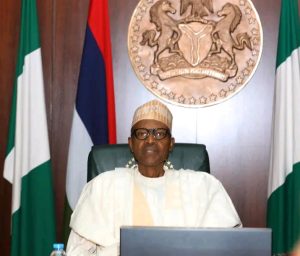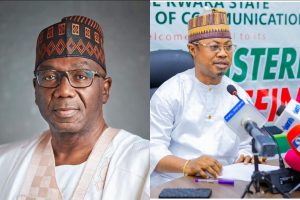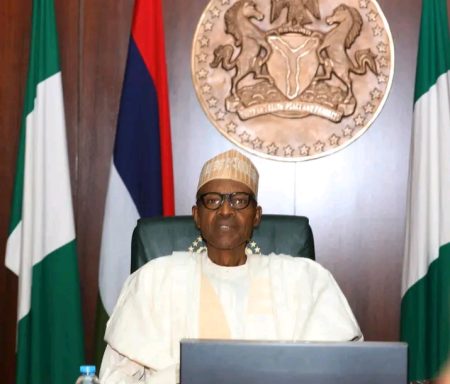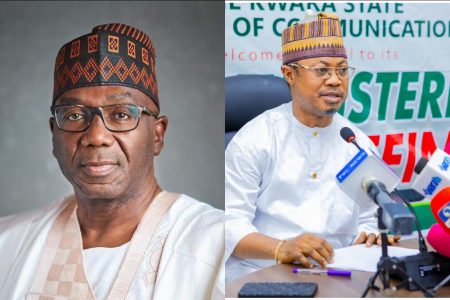The Federal Government has emphasized the urgent need to establish ethical guidelines for the use of Artificial Intelligence (AI) in journalism practice, warning that unchecked AI use could blur the lines between truth and misinformation.
Speaking during a journalism training session held in Abuja as part of the 2025 World Press Freedom Day, the Minister of Information and National Orientation, Mohammed Idris, highlighted the growing influence of AI in newsrooms and the potential risks it poses if not properly regulated.
The training, themed “Reporting in the Brave New World: The Impact of Artificial Intelligence on Press Freedom and the Media,” was jointly organized by the Centre for Journalism Innovation and Development (CJID) and the Konrad Adenauer Stiftung (KAS).
Represented by Dr. Suleman Haruna, the ministry’s Director of Press, Public Relations and Protocol, the minister underscored the principle that freedom must come with responsibility.
“As we embrace AI’s potential to transform journalism, we must establish appropriate legal safeguards and ethical frameworks,” Idris stated, adding that journalists must be adequately trained to use AI tools responsibly.
He also revealed that the Federal Government is working toward a national policy framework for AI in media — one that balances innovation with press freedom and journalistic integrity.
The event also featured remarks from the Chairman, House of Representatives Committee on Media and Public Affairs, Hon. Akintunde Rotimi, who cautioned against relying solely on AI, noting that while the technology can mimic style and syntax, it cannot replicate moral judgment or the courage to challenge power.
“Let us not be deceived: technology is a tool, not a conscience,” Rotimi declared. “AI may write grammatically flawless stories, but it lacks the empathy and moral compass that define real journalism.”
In his presentation titled “Fake News, Political Agenda, and the Erosion of Public Trust in the Media,” the lawmaker condemned the spread of disinformation and described fake news as a deliberate strategy used to manipulate public perception.
Media executives present also expressed concern about the use of mainstream platforms to amplify politically motivated disinformation. They urged news organizations to adopt strict mechanisms to combat the spread of fake news and AI-generated propaganda.
The Executive Director of CJID, Akintunde Babatunde, closed the session by reminding governments of their responsibility to protect press freedom, especially in a rapidly evolving digital landscape.
“World Press Freedom Day is not just ceremonial,” Babatunde said. “It is a reminder that without a free and ethical press, democracy cannot thrive — AI or not.”
The conference ended with a call for collaborative action among government bodies, media organizations, and civil society to ensure AI serves as a force for good in journalism, not a weapon of misinformation.













